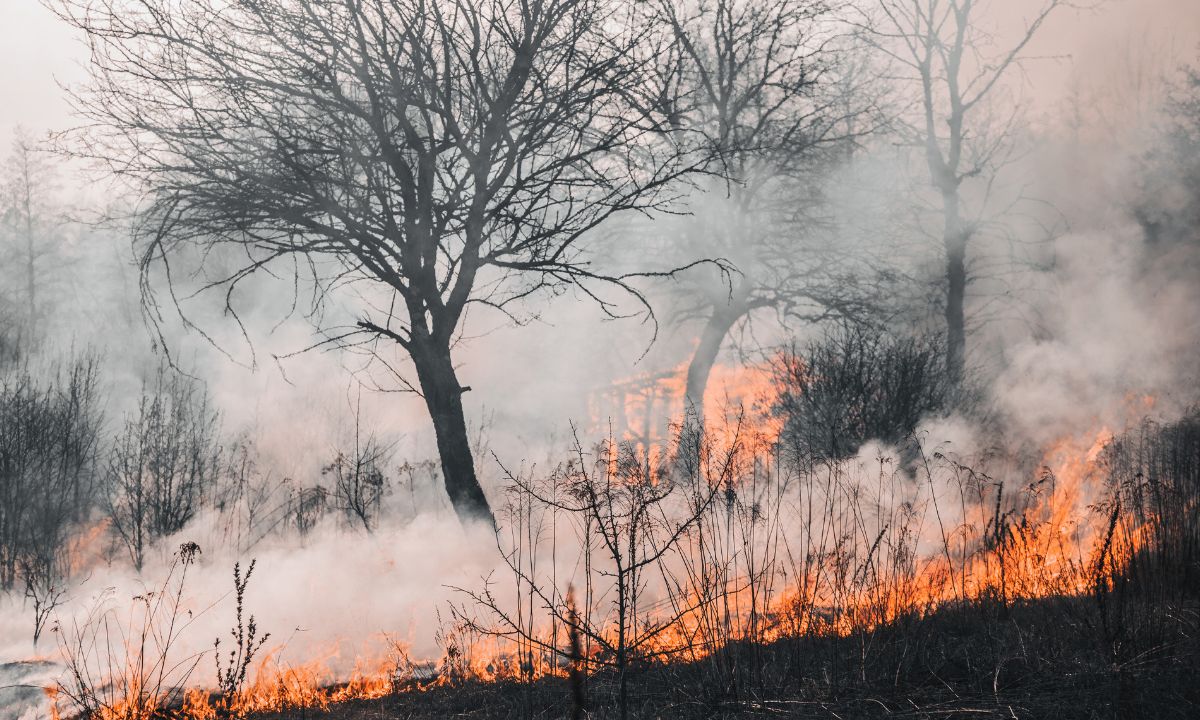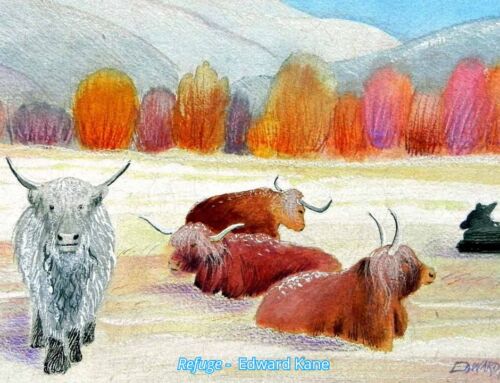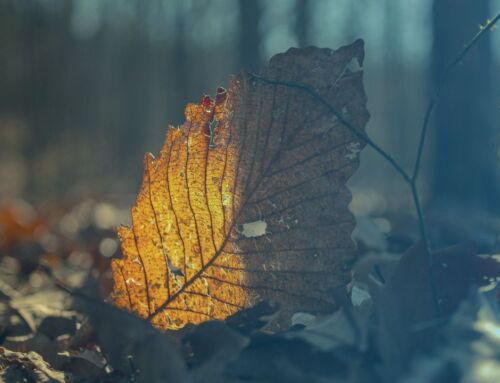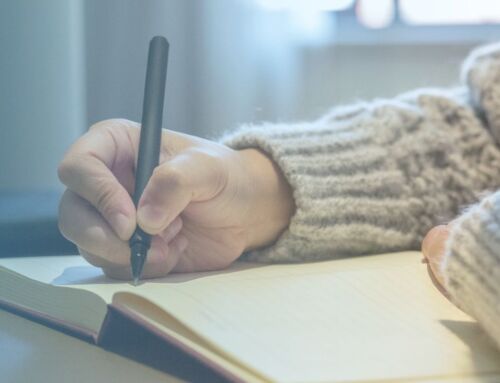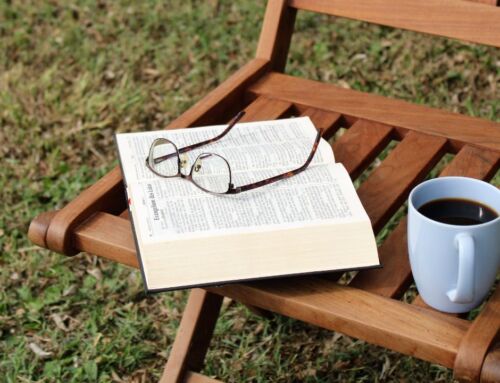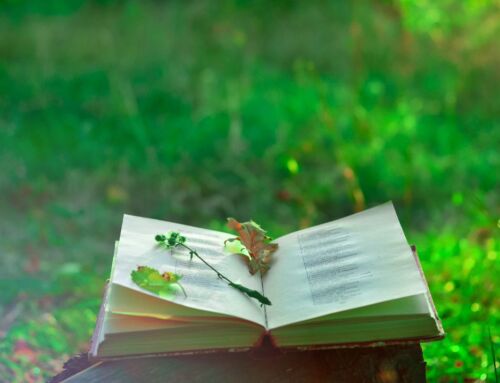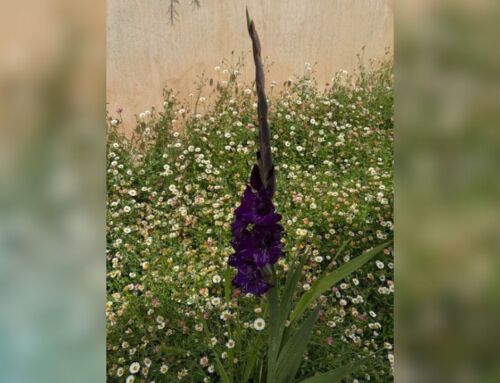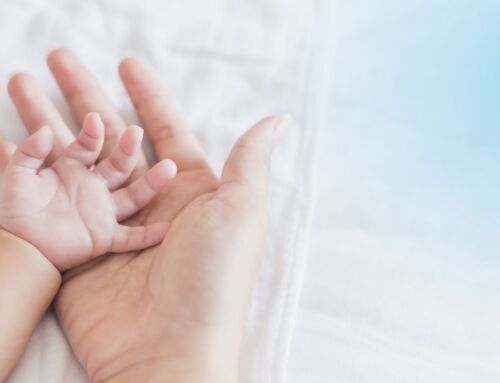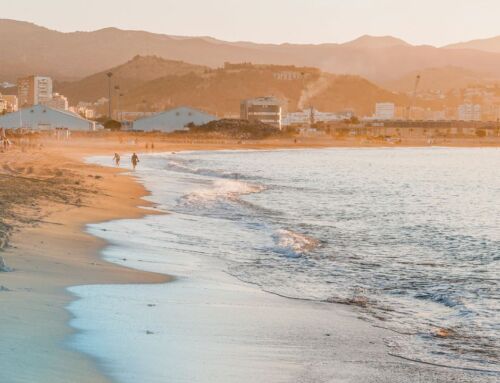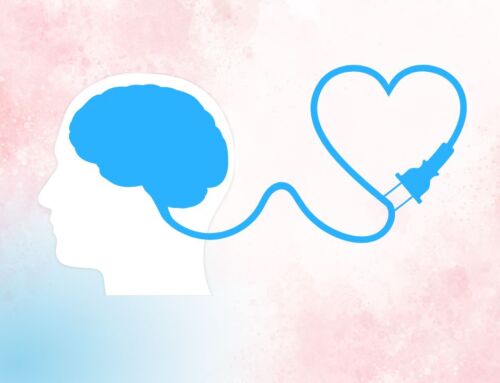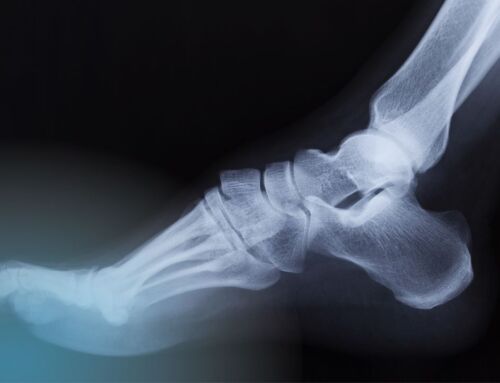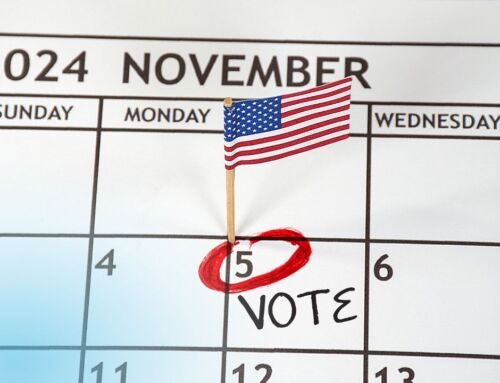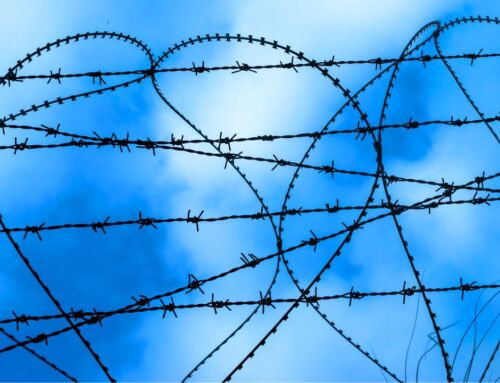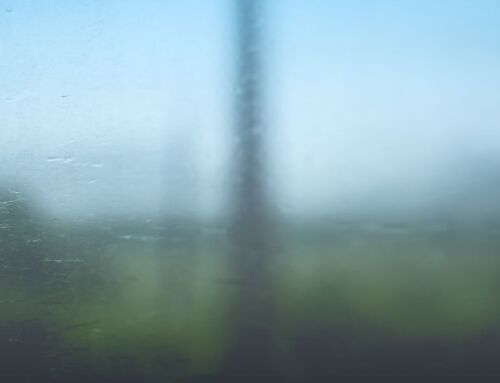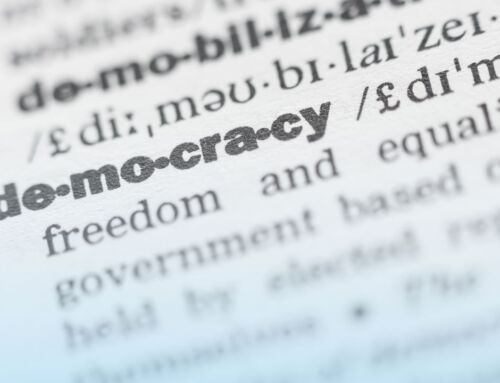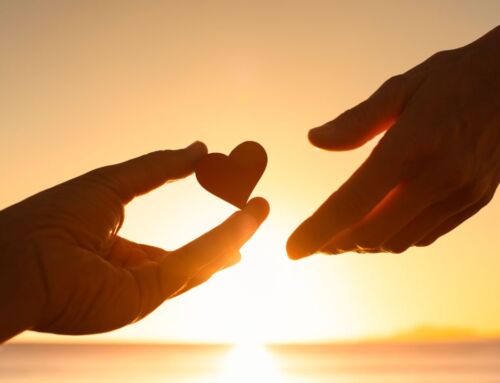When a slice of paradise is reduced to ashes while climate change threatens to unleash more infernos, floods, and disasters on a world already suffering from war, poverty, and violence, how should we respond? The Hawai’i Community Foundation is boots on the ground in Lāhainā funding trusted partners. See their Maui Strong Fund here.
With all the bad news we hear each day, it’s easy to feel overwhelmed, helpless, and hopeless.
One way to switch out of despair and do some good is to find the helpers.
I subscribe to some news feeds that focus on positive news, including CNN’s Good Stuff. Through that, I learned about Barbara Lakin, a former fashion designer who sews new dresses and gives makeovers to worn-out Barbies for Team TLC NYC, an organization that helps migrants upon their arrival. Lakin lovingly refurbishes Barbies so migrant children get a doll to own. She even cuts the sleeves off long-sleeve shirts so she can give short-sleeve shirts to fathers and a Barbie in matching fabric to their children.
Almost 100,000 asylum-seekers have come through New York City’s intake centers since last spring, when Texas Gov. Greg Abbott started busing them from the border to New York, Los Angeles, Denver and other sanctuary cities. It’s a humanitarian disaster, yet people like Lakin are determined to respond in love rather than turn away.
The children that pick out clothes and Lakin’s dolls at Team TLC NYC’s Little Shop of Kindness often arrive exhausted, sick, and hungry after enduring trauma on their long journey. The gifts and acts of kindness do not take away the trauma, but they show these migrants that there are people here who care about their well-being. I was so inspired by the story that I’m making a small monthly gift to them. This makes me feel more powerful and less helpless!
Team TLC NYC is a Grannies Respond/ Abuelas Responden, Inc. group (granniesrespond.org). Founded in response to U.S. immigration policies of detention, separation, and dehumanization, they provide compassionate and respectful support for asylum seekers and immigrants who seek safety and security in the United States.
I remember when migrant children were being separated from their parents and detained in cages in 2018. I was so upset I was beside myself. People didn’t understand that we had changed the law, and that’s why parents were being funneled into the criminal justice system and their families were being separated. I found an organization to donate to that was on the ground getting social workers and lawyers to help. I wrote about it back then.
So — when we become frustrated at the seemingly constant flood of bad news, instead of digging a hole and climbing in it, what can we do to help, knowing that we’re all part of one human family?
First, I calm my nervous system. I use my SNAP method. I may place both hands on my heart to allow the “S” in SNAP, soothing touch, to begin to calm myself by allowing the release of feel-good hormones, oxytocin and endorphins to bathe my system. Then I name the emotion, the “N” in SNAP – this is anxiety, or grief, which takes the emotion into a bigger container, so it’s less encompassing – it is arising, I am feeling it, but I am witnessing it instead of it being all that is there.
The “A” in SNAP comes next, which is the penultimate mindful self-compassion question: “what do I need to hear right now to help myself manage this specific suffering?” Then I say it to myself! In a situation like this one, I might use one of my favorite affirmations: “I am safe, resourced, and connected,” from a meditation I heard years ago by Rick Hanson. I love the power in it – I am safe, no one is chasing me. I am resourced – yes, I have a deep practice of mindful self-compassion and other rich evidence-based practices that shore up my toolbox to manage difficult emotions. I am connected – I love that this taps into common humanity, one of the pillars of mindful self-compassion: we are not alone. All humans feel this way from time to time, we are in this together, we are connected to all things, everything included, nothing left out.
So when you are feeling hopeless by the enormity of the problems you face, or the problems facing the world, find the helpers. If you can’t be the boots on the ground, can you give $1, $5, $100? Or can you share the good news with your friends? Whatever you share will help. We may not be able to stop the war that people are fleeing from, or give them their homes back, but we CAN do something to help now.
I just read about this study from the University of Bath’s Centre for Mindfulness and Community that recommends we use mindfulness to develop a deeper sense of reflection and connection, rather than just for self-help. “We suggest that mindfulness can offer more than this, giving people the chance to ‘look outside themselves,’ deepening their sense of place within nature and interconnectedness with their community,” says clinical psychologist Liz Marks, one of the leads on the study.
Mindfulness should be about more than just “me.”
It should be about caring for ourselves so that we can show up better in community with all. It’s weird for me to consider that mindfulness even could be considered a “just me” modality – because I have always lived my mindfulness practice as a “just like me” path: just like me, this person has challenges; just like me, these people hurt; just like me, that person feels grief; just like me…
If you are a person who is looking to broaden your mindfulness practice, one practice that may help is Loving Kindness guided meditation. There are many forms of Loving Kindness Meditation to help us become more connected and compassionate toward the earth and everything on it. You’re visualizing the entire planet and wishing peace and safety and health and ease to every person, animal, and thing here. Those kinds of open-hearted, loving kindness wishes really can sink into your bone marrow and make you feel like you’re a part of the whole. The free Balanced Mind with Julie Potiker (me!) podcast has hundreds of unique loving kindness meditations for you to try.
The awareness that we are interconnected is behind another group of helpers I recommend you check out called the Global Compassion Coalition (GlobalCompassionCoalition.org). Rick Hanson started it about a year ago, and the founding members include just about everyone you can imagine in the mindfulness and compassion world. They include academics, clinicians, brain scientists, and others all working to answer the question, what will it take to have a world that works for everybody, not just some of us? Their aim is to put compassion and justice at the foundation of all societies, starting with a major project that will tackle a huge issue, like food insecurity or climate change.
We’ve been hearing for years how we are living in unprecedented and unfathomable times — so the question is, how do we do something about it? The answer is finding the helpers. Because, as Mr. Rogers said, “If you look for the helpers, you’ll know that there is hope.”
